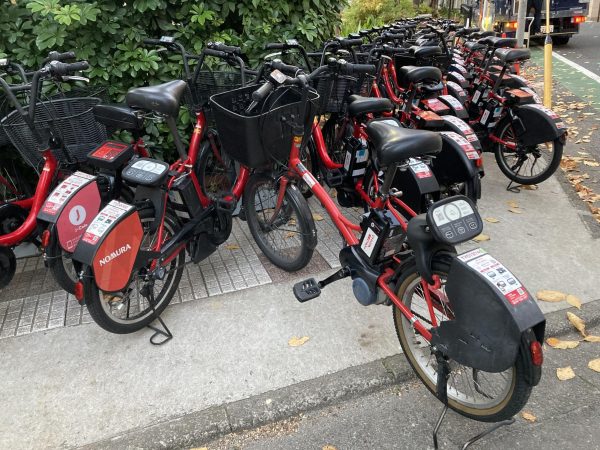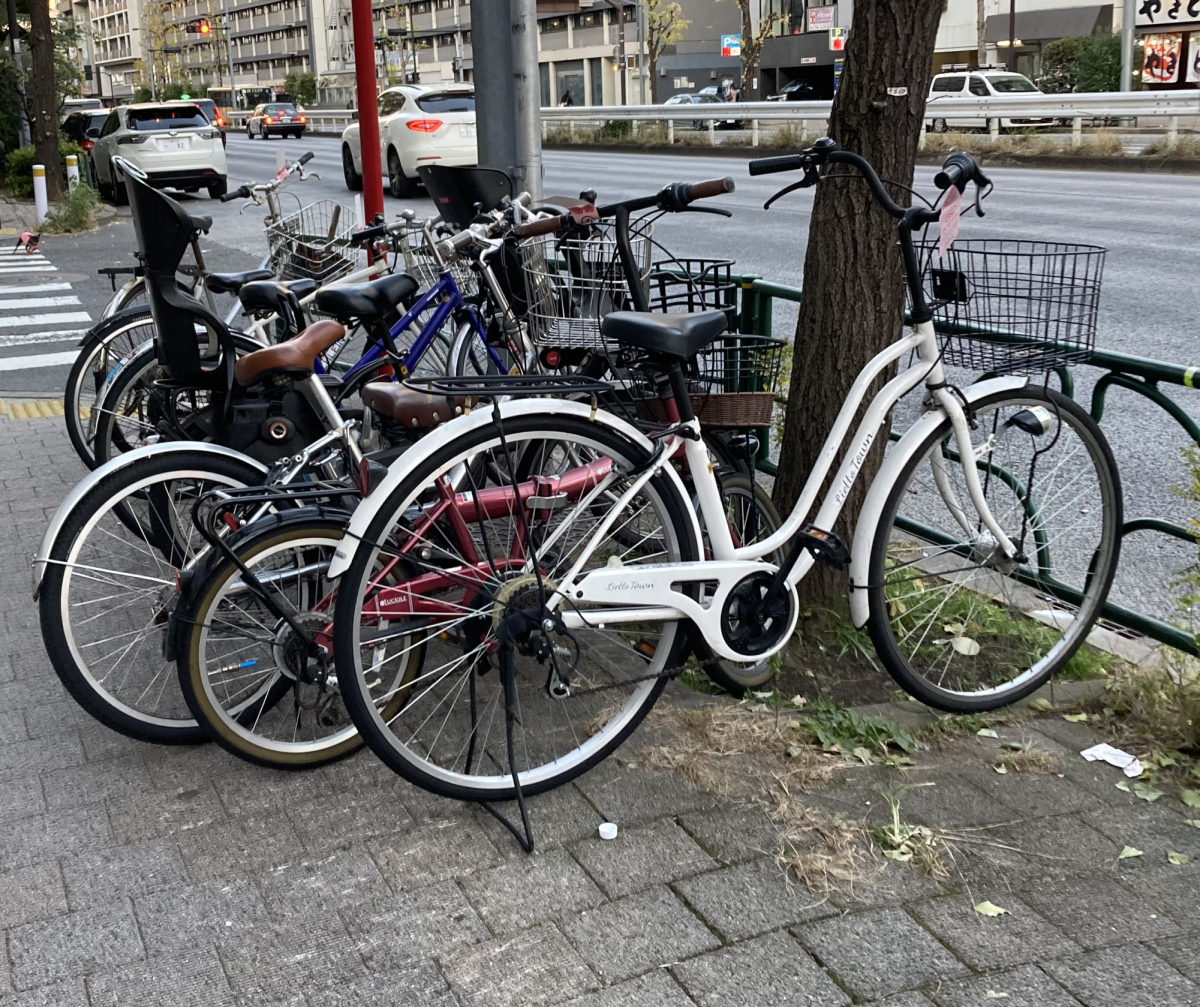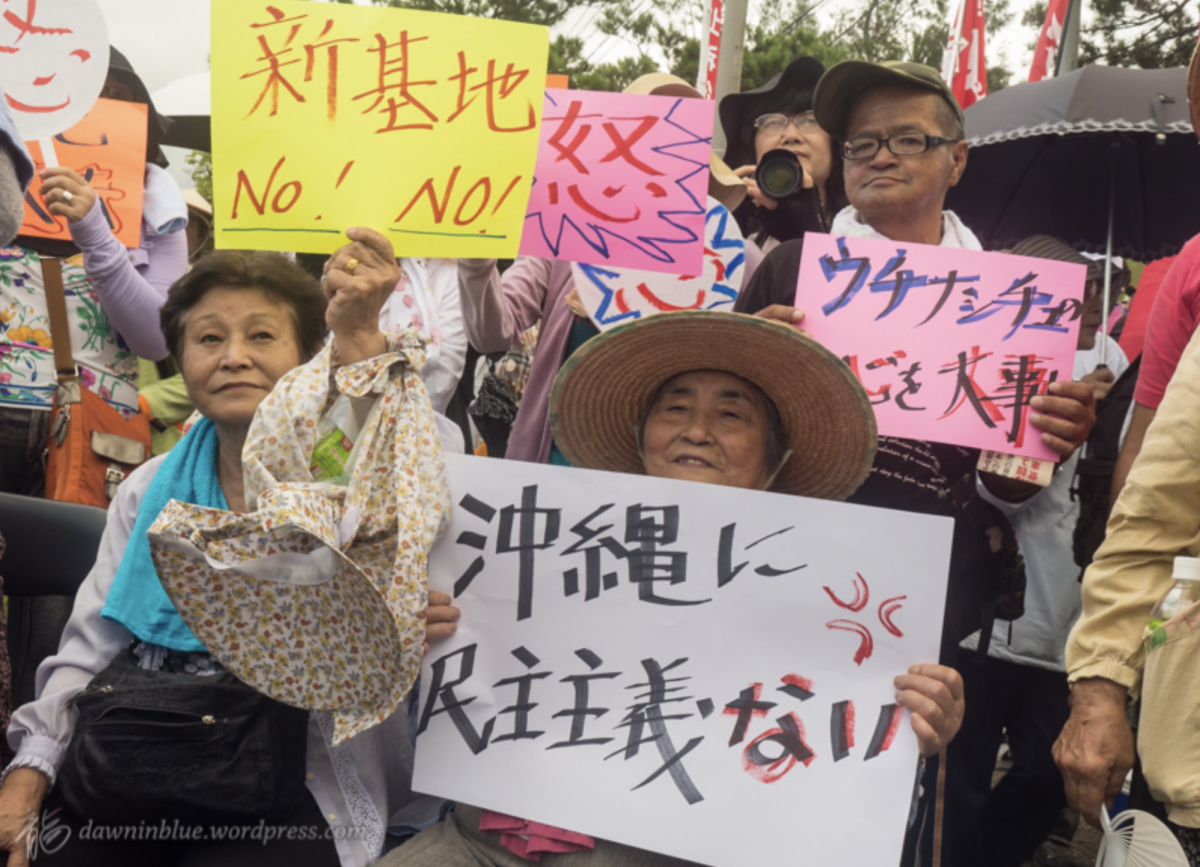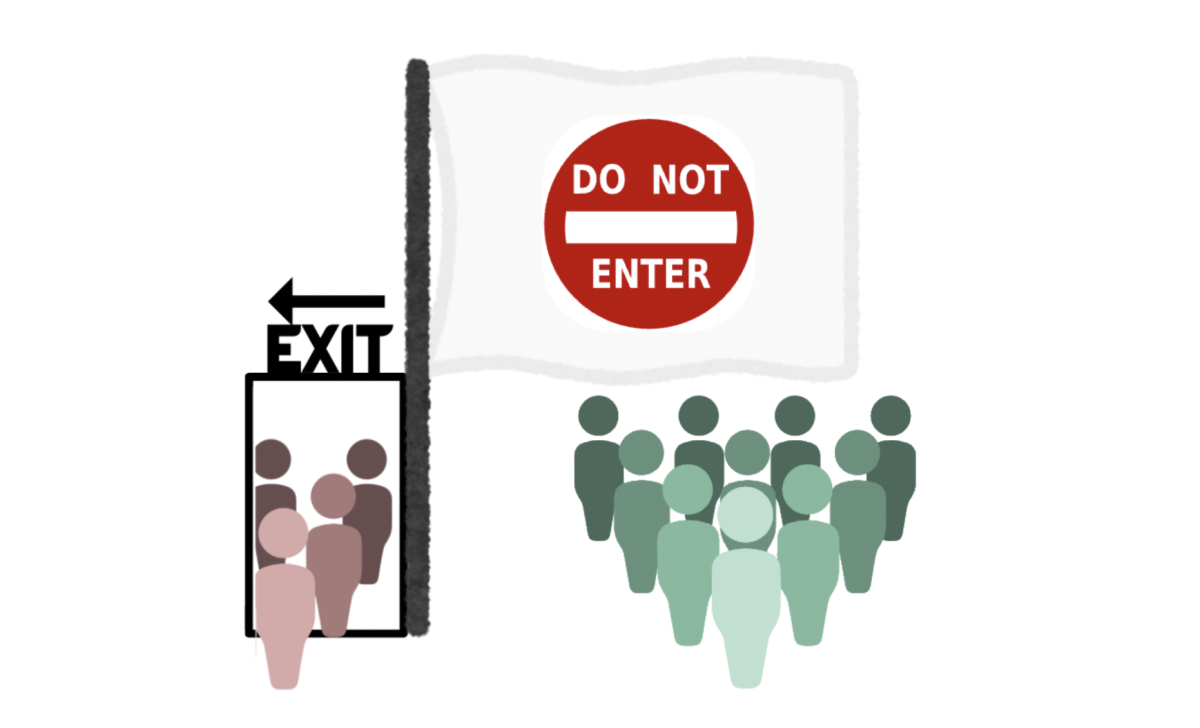Along the busy streets of Tokyo, bicycles are everywhere. Numerous varieties of bicycles, such as electric bikes, mamacharis, and even standard pedal bikes surround the streets. In the busy city, riding a bike is often the fastest, and most efficient way to travel with over 100 million cyclists on the streets of Japan. However, the large number of cyclists creates risks, so to prevent as many accidents as possible, strict laws are needed to make riding in the city safer.
For a while, it seemed like the roads in Japan were becoming safer for cyclists as according to the Asahi Shimbun, the number of serious accidents began to decrease between 2018 and 2021. Unfortunately, Japan eventually saw a rise again with the number of serious injuries and deaths increasing from 301 in 2021 to 309 in 2022. While this doesn’t seem like a massive increase, with the inclusion of minor incidents, data from the National Police Agency in Japan shows that bicycle accidents saw a rise of 3.4% since 2018. From this increase in accidents, new, stricter laws were put in place to ensure the safety of as many cyclists as possible.
On April 1, 2023, the Japanese government issued a new law where everyone must make an effort to wear a helmet. However, there was no penalty for not complying. Other countries, such as the United Kingdom have also implemented this law with no penalty.
In contrast, the United States has no requirements for wearing helmets, so head injuries are more likely to result in death. On the other end of the spectrum, since the 1990s, Australia has had much stricter laws with fines of around A$300 (approx. ¥290,000) for riding without a helmet, which have been in place.
The helmet law has been in place for over a year in Japan: however, most Japanese people still ride without helmets. Without helmets, bicycle crashes are more likely to result in serious injury. In 2022, the Asahi Shimbun reported how of the people killed in bicycle accidents, 94.9% were not wearing a helmet.

(Jade W. (’27))
On November 1, 2024, more Japanese laws were put in place banning distracted cycling. For anyone above the age of 16, using a mobile phone to either texting, calling, or even just looking at it can give fines up to ¥100,000, which is double the fine from before.
In the US, some states have passed similar laws that either ban the use of handheld devices while cycling, or the use of headphones while cycling. Banning distracted cycling ensures that compliant cyclists are focused on the road when riding, which prevents accidents that stem from distraction.
Along with the laws to deter distracted cycling, the new Japanese laws ban drunk cycling. Being under the influence of alcohol, with a breath concentration of 0.15 milligrams per liter or more can cost up to ¥500,000 in fines.
This is much stricter than other countries, as the UK only fines when a person is incapable of controlling their bicycle.
Japan’s number of cycling accidents may decrease again with the new laws in Japan being a stepping stone to making the roads safer and bringing the number of accidents closer to zero.































































